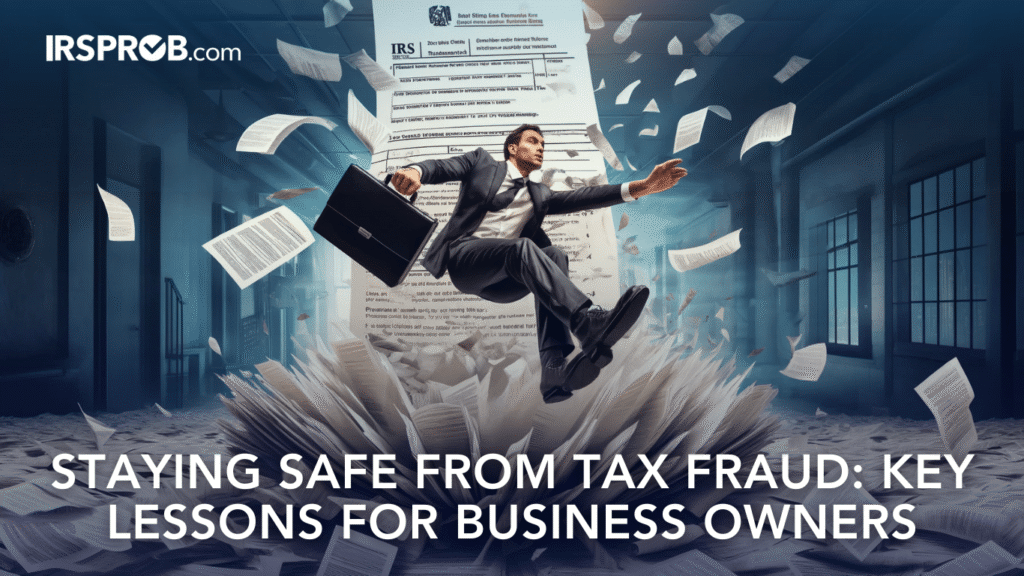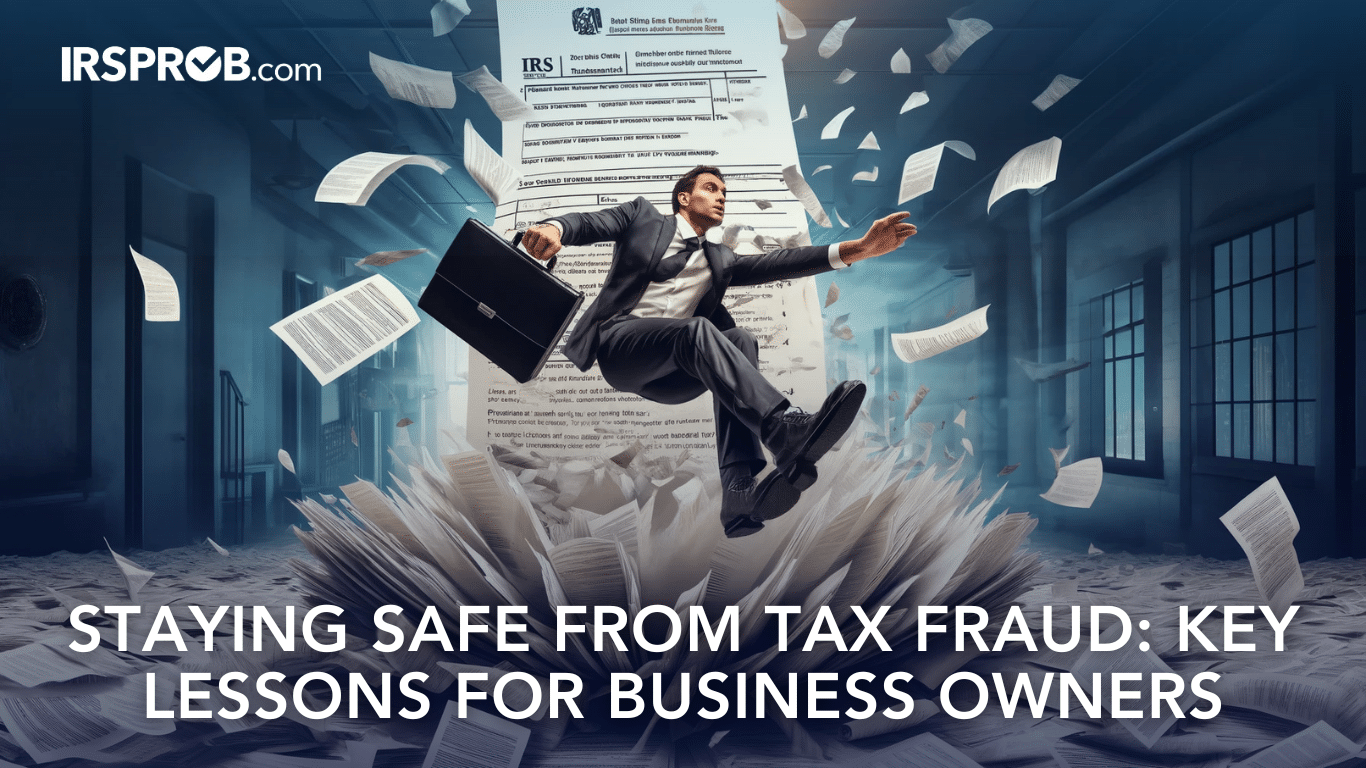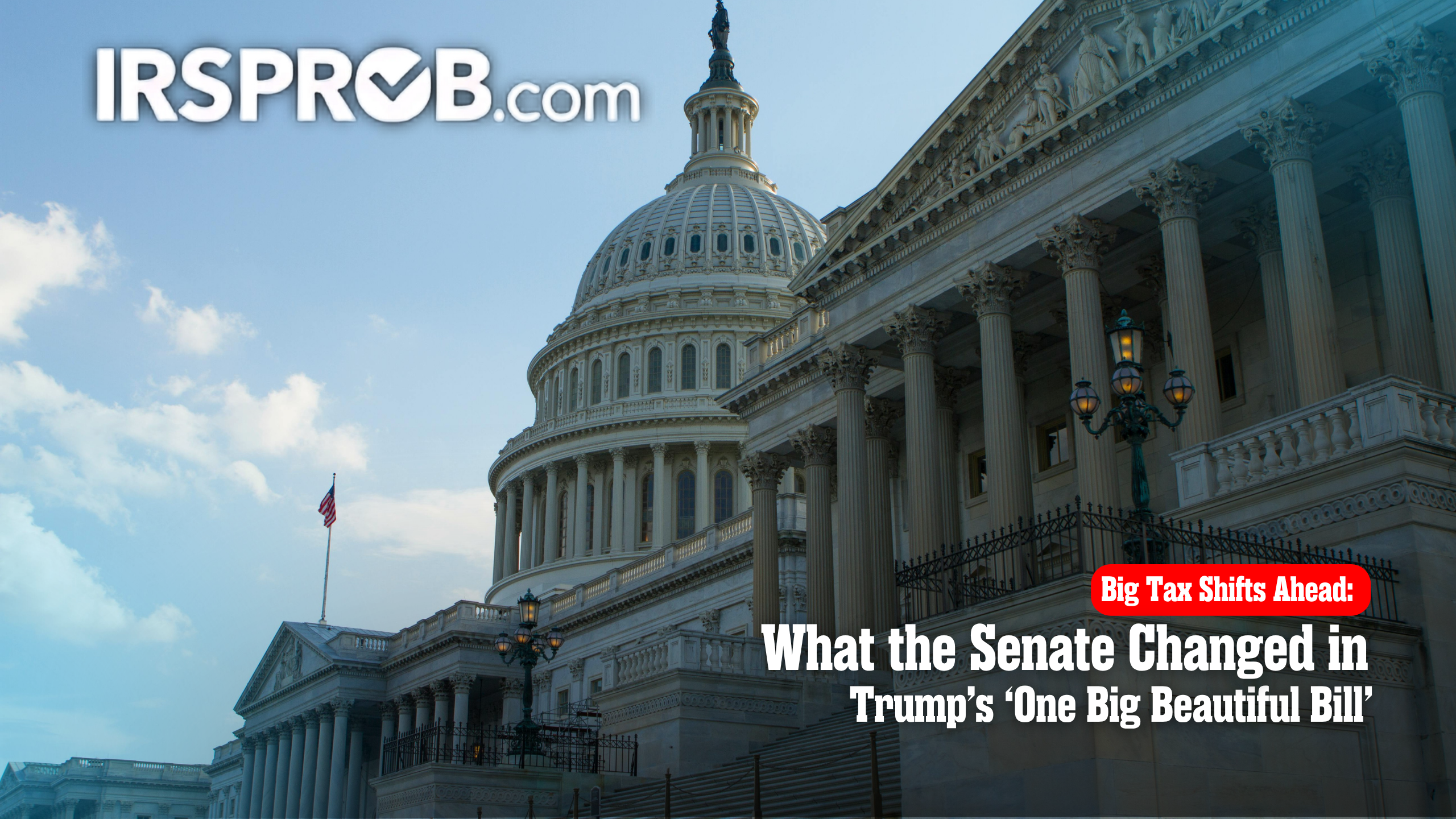
When it comes to tax preparation, honesty and transparency are critical—not only for the peace of mind it brings but also to avoid costly legal troubles that could devastate a business. A recent case involving Lance McCuistion serves as a stark reminder of the consequences of fraudulent practices in tax preparation. McCuistion, a tax preparer who had been previously barred from the profession, was sentenced to over four years in prison for operating a tax fraud scheme. His actions and the resulting sentence highlight the importance of trustworthy tax practices and the potential risks for business owners who might unknowingly get caught up in unethical tax schemes.
Understanding the Case
McCuistion’s scheme was elaborate: despite a 2014 conviction prohibiting him from preparing taxes, he continued to file returns using identification numbers assigned to family members, employees, and associates. Between 2018 and 2022, he filed thousands of returns each year, advising clients to misreport filing statuses and inflate deductions to maximize refunds or reduce tax bills. His actions eventually led to his 52-month prison sentence, marking a cautionary tale for both tax preparers and business owners who rely on third-party professionals to manage their taxes.
The Cost of Fraudulent Tax Practices for Business Owners
For business owners, taxes are a complicated but necessary part of operations. Partnering with a tax preparer can ease this burden, but it’s essential to ensure that the preparer adheres to ethical practices. Here’s what this case teaches us:
- Choosing the Right Tax Preparer: The IRS requires tax preparers to have a valid Preparer Tax Identification Number (PTIN), which ensures they are registered and authorized to file returns. If a tax preparer is evasive about their credentials or lacks a PTIN, it’s a red flag. As seen in this case, McCuistion circumvented his restrictions by using others’ PTINs, misleading his clients and the IRS. Business owners should confirm that their preparer’s PTIN is legitimate and up to date.
- Watch for Unusual Filing Advice: Be cautious if a preparer suggests reporting incorrect filing statuses or inflated deductions. Common tactics used by fraudulent preparers include fabricating deductions, misreporting income, or claiming ineligible credits. While these practices might result in a higher refund initially, they put the taxpayer—business owner or individual—at significant risk of IRS penalties.
- The Penalties are Severe: The IRS takes tax fraud seriously, and the consequences can be harsh for both preparers and clients. If the IRS uncovers fraudulent practices, they may impose fines, require repayment of any refunds obtained through fraud, and even pursue criminal charges. In McCuistion’s case, his prior conviction and continued fraudulent activities ultimately led to his prison sentence. Business owners who unknowingly benefit from fraudulent filings may still face penalties and audits, resulting in financial losses and reputational damage.
Protecting Your Business from Fraudulent Tax Filings
Fraudulent tax practices can have a lasting impact, not only for the preparer but also for the business. Here are some proactive steps to protect your business:
- Conduct Background Checks: When selecting a tax preparer, consider verifying their credentials. Many states have licensing boards or databases where you can check the status of a tax preparer’s professional history.
- Ask for Transparency and Documentation: Trustworthy tax professionals will explain the filing process, review the tax forms, and ensure that you understand each deduction and credit. Keep copies of all documents and communications with your preparer. Transparency is crucial, and reputable preparers should have nothing to hide.
- Be Skeptical of “Guaranteed” Refunds: No tax preparer can guarantee a specific refund amount, as tax calculations are based on individual circumstances and IRS rules. Be wary of those who promise unusually high refunds or advise you to claim unfamiliar deductions or credits without proper explanation.
- Ensure Ethical Practices and Compliance: The IRS regularly monitors and investigates tax preparers suspected of fraudulent practices. Business owners should be diligent, selecting preparers with a strong reputation and ethical standards. The IRS’s Directory of Federal Tax Return Preparers with Credentials and Select Qualifications is a helpful resource for locating qualified preparers.
What This Means for Your Business
The story of Lance McCuistion is more than just a cautionary tale; it’s a reminder of the importance of trustworthy tax practices. For business owners, partnering with a reputable tax preparer can help avoid costly mistakes and ensure compliance. Tax fraud is an area the IRS takes very seriously, and cases like McCuistion’s underscore the risk of shortcuts in tax preparation.
For business owners, adhering to the highest standards of tax compliance not only protects your bottom line but also shields your reputation. Working with a knowledgeable and ethical tax preparer ensures that your business remains on solid ground, allowing you to focus on growth and success without worrying about potential IRS issues down the road.
By following these best practices and staying informed, business owners can safeguard their operations from the repercussions of fraudulent tax activities and secure a more stable financial future.









